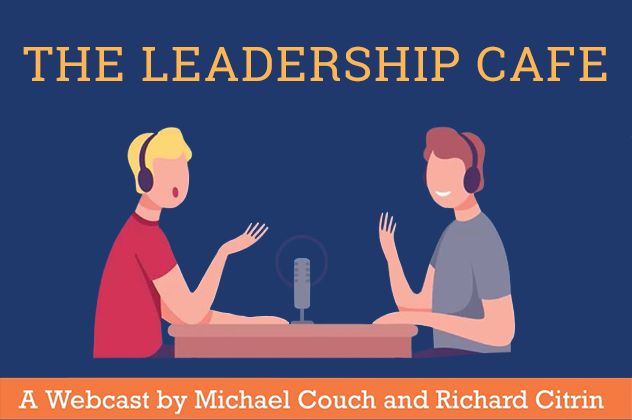When I was 16, I broke my wrist playing quarterback in a sandlot football game. I did complete the pass for the touchdown but when I got up from being tackled, I noticed my wrist was bent in a most unusual way.
My parents called our doctor who referred us to an orthopedic surgeon who told us to meet him at his office where he would set my wrist and place it in a cast. When we got to his office, he shot my wrist full of Novocain and told me in no uncertain terms to “RELAX MY WRIST.” Not having much sensation in my hand and feeling pretty anxious about the whole episode, I didn’t really know exactly how to do that. After a few failed efforts, the surgeon further chastised me as he would now have to give up his afternoon to take me to the hospital and into the surgical suite.

“Whew,” I thought, at least he would stop screaming at me for not being able to relax.
Ever since that time, I always chuckle and maybe have a little PTSD when someone tells me to “just relax.” The truth is that most of us (obviously me included back then) don’t know how to relax but it is a craft that is worth developing and refining.
From a psychological point of view, relaxation is a state of low arousal where there is an absence or decrease of emotions such as anxiety, fear or anger. Defining something by what it is, however, usually does not get us to where we want to be.
Being relaxed is not a fixed state of being but a passing state of being. On a plane recently, my seatmate was watching comedy videos and could not stop laughing hilariously. It was contagious and I found myself leaning over to watch his video. Walking to a meeting the other day, I saw a woman sitting on a bench and reading a romance novel, obviously on a short break from work. She looked chilled even though the book cover looked hot. I’ve seen people preparing for speaking by doing progressive relaxation exercises where they tense and then relax different muscle group. Of course, enjoying a cold brewski or glass of your favorite wine will help lower the intensity of those crazy days.
Most of the time, I find myself taking those three deep and long breaths when I need to quiet things down. It probably would have worked out a lot better when I was 16 if the surgeon and I could have breathed together.
Your Challenge this Week: How do you relax? Send some of your favorite tips and we’ll pass them along in future Resilient Wednesdays.
© Richard Citrin, All rights reserved, 2019
]]>